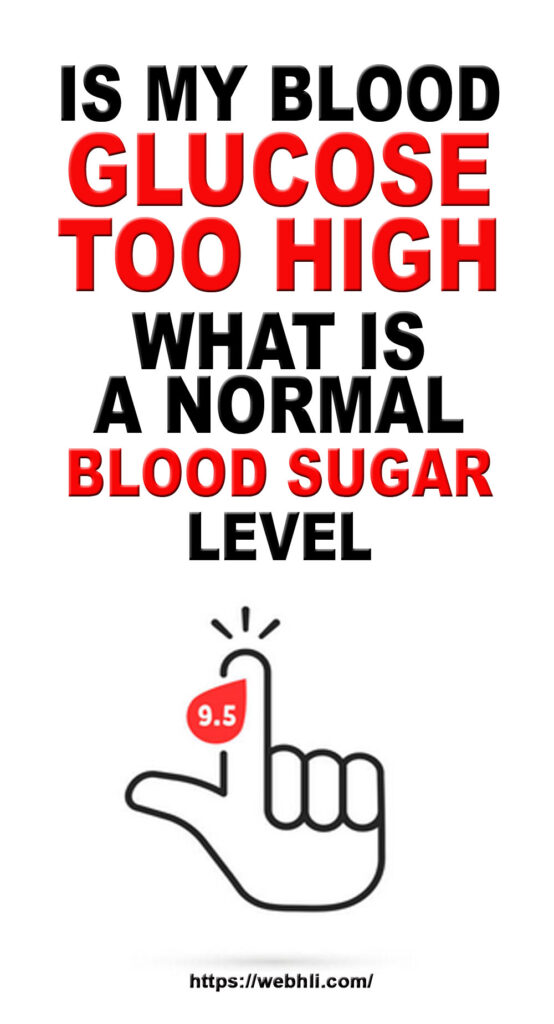
Having normal blood sugar levels are usually taken for granted. However, in recent times, more and more households are being affected by diabetes. This influx or awareness can be attributed to two sides of ignorance. One, people are noticing that they have a condition, and two, people are oblivious to the connection their diet has on their health. If you are seeking information on normal readings for glucose or blood sugar levels, this should help you.
When a person eats, the body will take the food and turn it into energizing sugars called glucose. Then it's the pancreas' job to create the body's insulin and get the blood glucose distributed properly to the body's cells. In diabetes, this is where things go haywire.
Check out these related articles, too:
How Resistance Training Can Help You Heal Diabetes
Diabetic Breakfast Meal Planning, Truth Revealed!
Weight Loss and Blood Sugar Control
Arthritis And Diabetes - A Double Whammy
What Is Diabetic Gastroparesis?
Healthy Lifestyle Tips For Type 2 Diabetes
Does protein increase blood glucose levels?
How Does Diabetes Affect My Teeth and Gums?
Depending on when the last meal or exercise has taken place, there will be a high or low variance. If you haven't eaten in a while, a lower blood glucose reading can be expected. If you have eaten recently, naturally, the reading will be higher as the food is being turned into sugar and put in your bloodstream.
In light of this, at no time should you expect a normal blood glucose reading reach over the 145-155 mark. This is the borderline, and should be taken seriously. If you have a steady reading at borderline for a period of time, you may be able to make some changes to your daily routines that will bring you back to a normal level.
Now, on the other hand, when your body has been dormant and unfed for several hours, like over-night, then your blood sugar levels should be on the low side. The safe range for this period would be around 65-75. If your numbers are much lower than this, you may be suffering from a condition called hypoglycemia. This should not be ignored. Something isn't going right in your body, and it is related to your glucose level, so, professional advice should be sought immediately.
The most effective change in any case of abnormal glucose readings will be nutrition. Take a good look at your diet. Are you eating right? Probably not, so, don't waste time. The sooner you act, the more you will prevent uncontrolled glucose from affecting the rest of your body.
We all know how important maintaining a healthy, well-balanced & nutritional Diabetic Diet is. It is essential for us to keep healthy and help control our Diabetes and to prevent further symptoms.
Check out these related articles, too:
Good Energy Food for Diabetics
10 Simple Food Concepts Every Person Living With Diabetes Should Know
Making Cheesecake For Diabetics
Enjoy the Taste and Benefits of Diabetic Foods
Will The Mulberry Leaf Help Your Diabetes?
5 DIABETIC FRIENDLY SALADS Some Tasty
DIABETIC LEMON COCONUT COOKIES Some Tasty
I have found some superb Delicious Diabetic Recipes throughout my years, fortunately you can have them all for Free, just click here: - www.RecipesforDiabetics.co.uk [http://www.recipesfordiabetics.co.uk/freeweeklydiabeticrecipes.html].
If you're interested in adding a little taste to your life, check out these Delicious Free Diabetic Recipes [http://www.recipesfordiabetics.co.uk/freeweeklydiabeticrecipes.html] I found.
Article Source: http://EzineArticles.com/4821218



 Protected by Patchstack
Protected by Patchstack